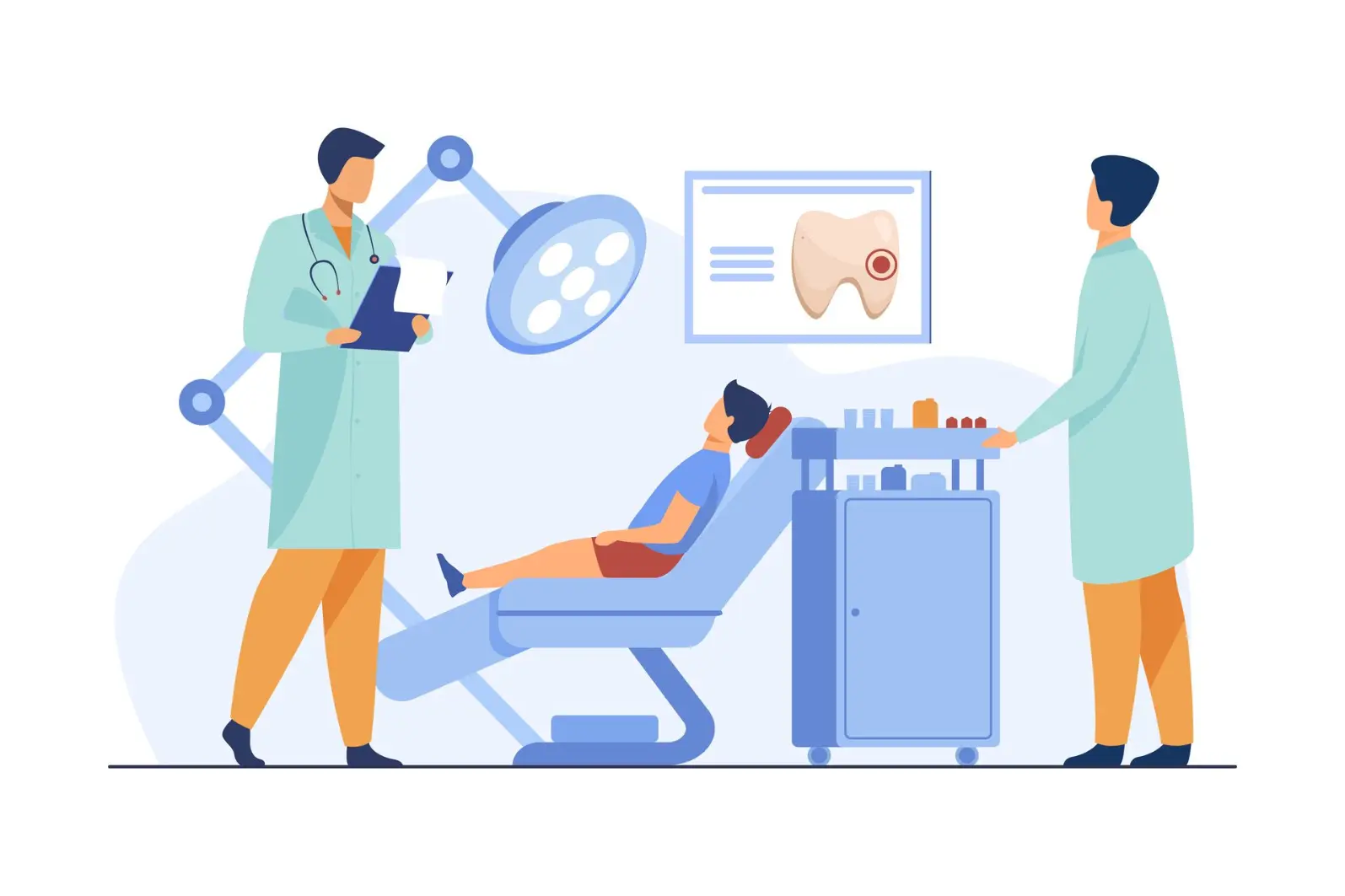
Dental Hygienists Urged to Drop Minimizing Language in Patient Care
Dental hygienists are being encouraged to move away from “minimizing language” that unintentionally downplays oral health conditions. According to a recent article by Kandice Swarthout, RDH, LPC, phrases like “just a little bleeding” or “I’m just cleaning your teeth” may comfort patients in the moment, but they risk reducing awareness of serious health concerns.
Why Minimizing Matters
Using softer wording may seem harmless, yet it can mislead patients into underestimating the severity of their condition. This not only affects their willingness to follow treatment recommendations but also reinforces the misconception that hygienists are “just cleaners” rather than essential healthcare professionals.
The Roots of Minimization
Swarthout points out that hygienists often minimize because they want to avoid making patients feel guilty, lack confidence in their own skills, or adopt habits modeled by colleagues and instructors. While well-intentioned, this communication style can compromise patient education.
A Call for Change
The article calls on hygienists to:
Build stronger confidence through continuing education.
Stop comparing themselves to peers and focus on their own strengths.
Replace minimizing terms with clear, direct language.
Practice communication techniques through role-play and feedback.
Uphold professional ethics by providing honest information, even when it’s uncomfortable.
The Bottom Line
By eliminating minimizing language, dental hygienists can better educate patients, promote informed decision-making, and highlight the critical role they play in oral healthcare.
📖 Source: Kandice Swarthout, RDH, LPC. Patient Education: Why Dental Hygienists Should Stop Being Minimizers. Today’s RDH, September 10, 2025.